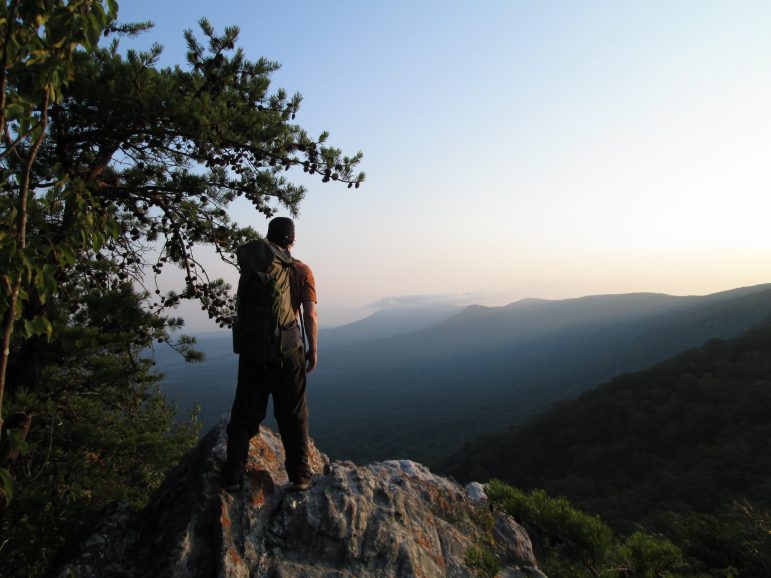The Alabama Environmental Council or AEC turned 50 this year. Originally called the Alabama Conservancy, the home-grown group has been dedicated to preserving wilderness across the state. Over the last few decades, the organization has faced challenges adjusting to the political climate and it has evolved to meet changing environmental needs. But as AEC board chairman Keith Johns tells WBHM’s Dan Carsen, its biggest success has been getting people and businesses to see the value of setting aside land.
“Wild” Successes
“[Our] real successes came in conservation,” says Johns. “The Sipsey Wilderness preservation, Dugger Mountain Wilderness preservation, Cheaha Wilderness preservation — all of those were long, very organized processes to set that land aside. But also, along with that kind of conservation, comes recycling. And so it was in the early 70s that AEC — the Alabama Conservancy at the time — started the first drop-off, noncommercial recycling center [in Alabama] right here on the campus at UAB, right outside the doors of WBHM.”
Unfriendly Political Climate, But …
“The all-out war on the environment that really is taking place at the federal level, at the government level, is being reflected back at them because corporations are saying, ‘you know what? We don’t really follow that.’ The fact that the [Trump] administration has rejected the Paris Accords does not mean that corporations are falling in lockstep. A lot of corporations have said that despite what the administration has done, ‘we’re going to pursue those anyway. We think it’s important.’ Climate change is one of the topics that is on [the AEC’s] list of strategic goals for the next few years. There are a number of challenges, as you might imagine, in this political climate. But it is without a doubt the single biggest long-term concern that many corporations and governments and individuals have.”
Splitting the Streams
“What you’ve seen over the history of the Alabama Environmental Council is a recognition that people care about water. They care about land. They care about birds. They care about environmental issues in their very backyards, and you end up with a lot of organizations that are focused on those particular issues. So what you find is a fragmentation of donors and supporters — people who want to support what they are tuned into very closely. But that does create a fragmentation of the funding streams.”
Tactics for Alabama
“People who live in Alabama have a different view of environmental protection. Quite often you find that the best collaboration you get on environmental protection throughout Alabama isn’t to talk about ‘green’ and climate, but to talk about business opportunities, to talk about opportunities for hunters and fishermen, and clean water and swimming and recreation, and those things that really strike at people at their heart. I personally am not a fan of motivating by fear. And so you know, really engaging people where they see their best opportunity to succeed: that’s why I’m in this business. I want to make sure that my grandkids have at least the same opportunities I did to celebrate and enjoy a beautiful outdoors, and Alabama really has a beautiful outdoors.”
Click below for a web-exclusive conversation about AEC staffing and the group’s one-truck glass-recycling pickup route.

